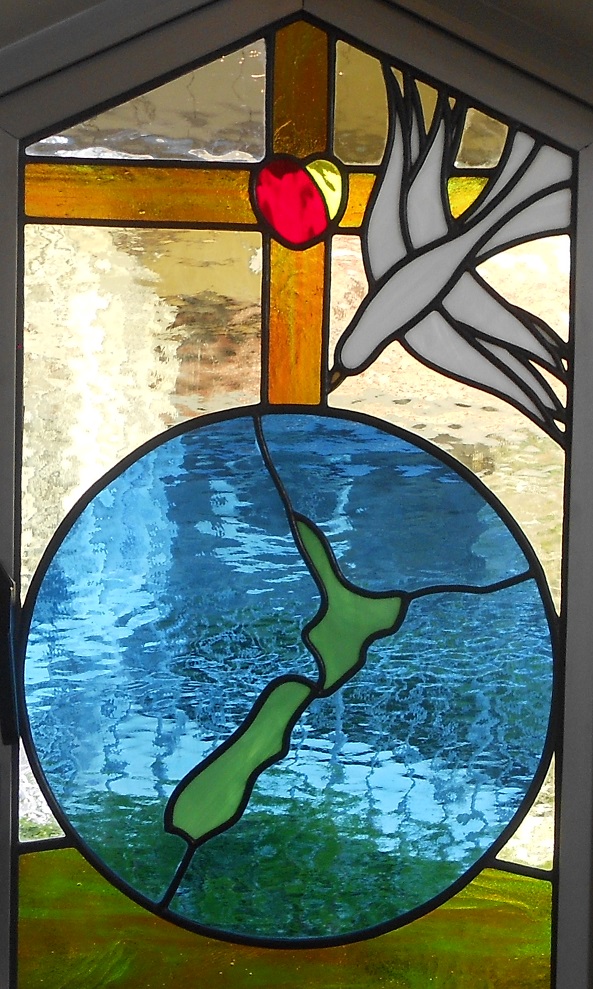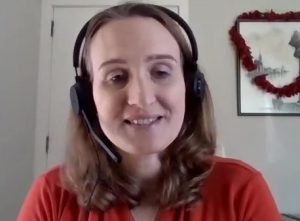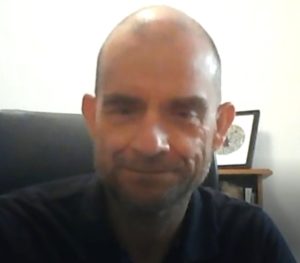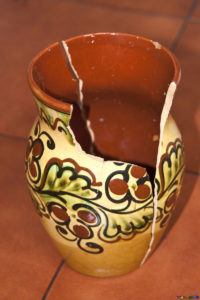Reflection on Acts 2:1-11 and John 20:19-23:

Priyanca Radhakrishnan, the NZ Minister for Diversity, Inclusion and Ethnic Communities, often starts her speeches with some statistics in relation to the diversity of Aotearoa New Zealand: 213 ethnicities, more than 170 languages and many religions and people of no religion.
Diversity and inclusion are big topics in Aotearoa New Zealand.
The challenge for me, however, is not the word diversity but rather the word inclusion.
If you need to work on inclusion, it means that there are people who are excluded – people who are not part of a certain group.
In this context, we might need to be reminded that we are all foreigners or strangers in almost every country of the world.
In Jesus’ time, as it is today, people were leaving their countries of origin for different reasons, and often didn’t easily integrate in a new society with different customs.
The Jewish community had strict rules, and by observing these rules, a person belonged or didn’t belong. Belonging.
Who were the people who belonged to Jesus? Who were his disciples? Jews? Men? Women?
In our first Reading of today, we heard that “they were all together in one place”.
Who are “they”?
The previous chapter names 11 apostles, several women and Mary, the mother of Jesus.
They were together in the upper room and praying constantly, fervently.
I wonder: what were they praying for or about? Did they pray silently or as a group?
My Jewish friends have told me about the expression of a “minyan”. Traditionally, if a Jewish community wants to recite certain prayers, they need a “minyan” which, in conservative circles, consists of 10 men.
We hear about 11 men and several women praying. This means that the “constant prayers” could be official prayers taught by the prophets – maybe even the prayer that Jesus taught them.
When we pray, we expect an answer. What are the signs God can send us so that we know of God’s presence?
Elijah expected God in the strong winds or in an earthquake but eventually found God in the whispers of the wind.
In our First Reading today, we hear about a “violent wind” that filled the place – and even filled those who were present! – filled with the Holy Spirit.
It is not about feeling God’s presence around them like in Elijah’s case, but rather feeling God’s presence within them.
The proof: what comes out of their mouths. New abilities. New languages.
One might easily adapt one’s outer appearance, but it is more difficult to learn, speak and understand another language really well.
The Spirit fills all with a new ability – an ability that unites a divided people.
Knowing and using the same language unites like a choir that learns the same song – but unison is reached when everybody hits the same tune: “speaking about God’s deeds of power” – Praising God together.
Men, women, old, young, Jews from different regions.
They are united in unison, praising God who has sent the Holy Spirit who blew fresh and new life into all those who were gathered.
The Holy Spirit is powerful.
The Holy Spirit has no boundaries.
The Holy Spirit brings new life.
Jesus’ disciples were afraid of the Jews – were these the Jews who were not yet filled with the Holy Spirit and therefore not yet filled with new life?
As there are no boundaries for the Holy Spirit, there are no boundaries for Jesus.
He can’t be excluded or kept out by human barriers, such as doors.
Jesus joins his disciples and greets them with a familiar greeting: Shalom. Peace be with you.
If any of his disciples doubts their eyes, the voice and a familiar greeting would wipe away all doubts. As Mary Magdalene recognised Jesus when he pronounced her name, so would the disciples recognise him by the common and familiar greeting “Shalom”.
No doubt. It is Jesus.
When Jesus died on the Cross, he breathed his spirit on those standing at the foot of the Cross: the women and the disciple who Jesus loved.
Jesus had accomplished his work and handed over his spirit. He breathed his breath of life and energy onto those who had followed him all the way to Golgotha.
God breathed life into Adam. Jesus handed over his spirit.
Now, Jesus breathes on his disciples.
He doesn’t just give them new life, but he gives them a task. They need to do their part of God’s work.
God had sent Jesus. Jesus sends out his disciples.
Jesus prayed: “Father, forgive them, for they do not know what they are doing.” Jesus prayed for others. Now, it is up to the disciples to continue this work.
Sometimes we wonder how Jesus could give the authority over the forgiveness of sins to his disciples. However, the decisions of judgement are not left to the disciples’ human weakness. Jesus first filled them with the Holy Spirit who would guide them in sound decision making.
It is the Holy Spirit who knows no boundaries.
It is the Holy Spirit who unites men and women, old and young, Jew and Gentile, Slave or Free.
The Holy Spirit is an advocate – ad-vocate. A voice next to us, supporting us.
Let us listen to this voice. A voice that can guide us and overcomes all boundaries.
For the Holy Spirit, there is no need for inclusion. There is no exclusion in the first place.
When we are praising God together, we are one. We are all brothers and sisters in faith. We are all one human family.
213 ethnicities in Aotearoa New Zealand? More than 170 languages?
Diversity is a strength when it is embraced.
Thanks to the Holy Spirit, we can overcome obstacles and open our doors.
– BM –



